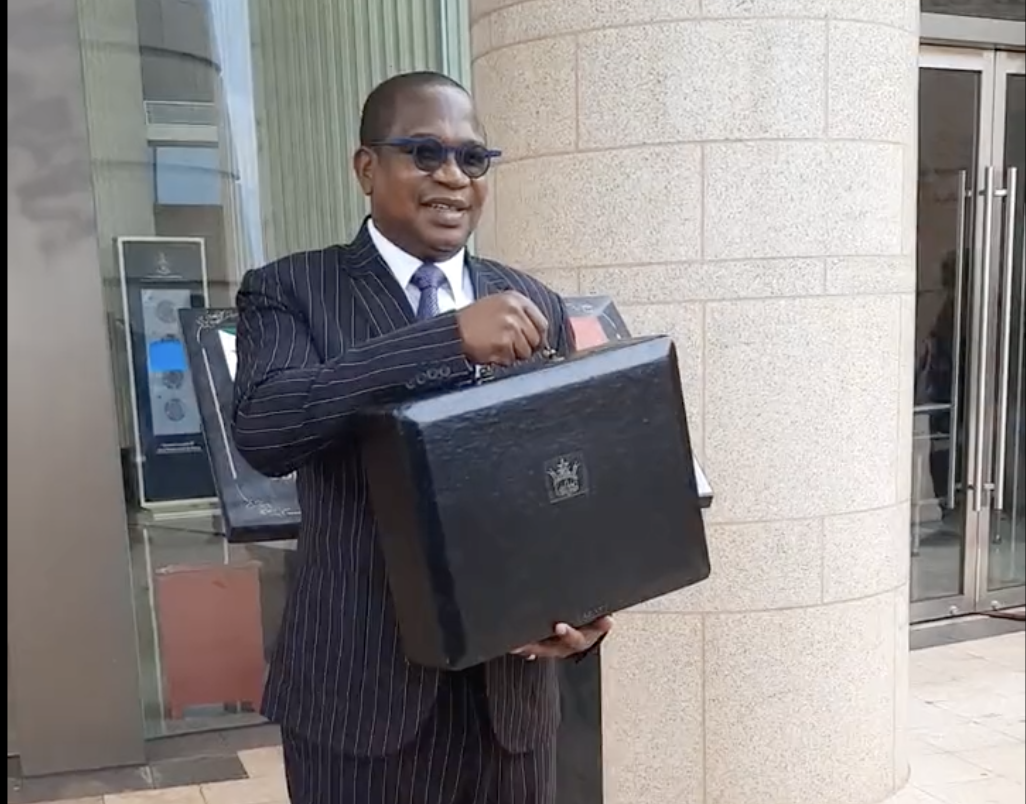The 2025 National Budget has elicited diverse reactions , with the business sector raising concerns about competitiveness, the tax burden, and regulatory hurdles, while labour groups and civil society organisations have expressed alarm over the economic pressures and the high cost of living affecting ordinary Zimbabweans.
Following the presentation of the 2025 National Budget, the parliamentary finance committee met several stakeholders whose views show a ‘balancing act’ is required to address the societal concerns.
One of the stakeholders, the Confederation of Zimbabwe Industries (CZI) welcomed several aspects of the budget, notably broadening the tax base, promoting industrialisation and the VAT deferment for the energy sector, which aims to improve power access.
However, the committee said CZI expressed concern over the reduction of the degree of export orientation from 100 percent to 80 percent for manufacturing companies under Special Economic Zones (SEZ).
“It is difficult to penetrate the export market due to high costs of production,” CZI said, proposing that the degree of export orientation be further revised down.
CZI also opposed the 25 percent tax on rental income, arguing it is too high given the costs involved in maintaining rental properties.
CZI further highlighted concerns over the Impact and Money Transfer Tax (IMTT), which results in up to 10 percent additional costs for local products, making them less competitive regionally.
“This is cognisant of the fact that the African Continental Free Trade Area (AfCFTA) opened up to regional competition hence there is need to extend relief to industry where they would have demonstrated factors that negatively impact their products,” noted the committee.
On a positive note, CZI welcomed the reduction of the sugar tax on cordials but warned the sugar tax continues to have an impact on other sectors.
“While CZI appreciates the need by the government to meet its salary obligations, they bemoaned the difficulty of alignment of tax collection dates for industry,” the committee noted
The Confederation of Zimbabwe Retailers (CZR) criticised the proposed tax on fast foods and betting, calling it an additional burden on the poor.
“There are a number of taxes charged on the purchase of food such as VAT, IMTT and the proposed fast-food tax which further burdens the poor. Such taxes need stakeholder consultations before they are introduced,” said the committee.
“CZR noted the cost of doing business is relatively too high (energy costs, smuggling of goods) and needs to be addressed to enable companies to be competitive in view of the operationalisation of AfCFTA.”
CZR also advocated for the strengthening of the local currency, arguing the dollarised sector is thriving while those using the Zimbabwean dollar are struggling, said the committee.
“They emphasised the need to strengthen the local currency and for the government to promote more use of the ZiG for its services,” said the committee.
“CZR suggested the need to enforce measures to tax the informal sector lest the measures further chase away players from formalising and pointed out that the formal retail sector is on the brink of collapse due to overregulation and unfair competition from the informal sector.”
On the clothing sector, CZR suggested a need to support the clothing sector by addressing smuggling of second-hand clothes, remove duty on fabric meant for local production and noted the need to support local companies like Edgars who play a pivotal role in formalising the informal sector through contracting small-scale informal sector to supply key services on condition that they are tax compliant.
The Zimbabwe Chamber of SMEs (ZCSME) proposed a more nuanced approach to supporting small and medium-sized enterprises (SMEs), according to the committee.
“The budget should consider a broader definition of SMEs, and categorise them and make interventions in line with their peculiarities,” the committee noted.
“The proposal is that Small and Medium Enterprises Development Corporation (SMEDCO) be adequately funded considering its huge mandate. SMEs cut across all ministries hence all activities should be synchronised through SMEDCO.”
SMEDCO has the task of empowering small businesses to be competitive under AfCFTA.
The Chamber also stressed the importance of addressing the country’s skills gap, which they believe could help reduce import dependence.
Meanwhile, the Chamber voiced support for the taxation of betting, describing it as a necessary step to curb the negative social impact of excessive gambling, particularly among employees, said the committee.
According to the committee, the Cross Border for Economic Development group raised concerns that the “high customs duties, artificial delays and corruption at the border are significantly affecting their business.”
The group proposed that “instead of banning the import of particular goods, it is better to tax them and generate revenue,” and also called for a reduction in charges by ZimBorders, which they claim is contributing to smuggling and border evasion.
Meanwhile, the Institute of Chartered Accountants of Zimbabwe (ICAZ) called for clarity regarding the proposed fast food tax.
“The proposed list of fast food for taxation is not exhaustive and should include other items or consider the definition of Fast Food Restaurants and charge a gross sales tax on the same,” the committee said.
The Zimbabwe Economics Society (ZES) expressed disappointment with the 2025 budget, saying it lacks a clear strategy to drive the economy up the value chain or create employment and called for realignment of allocations to support productivity and employment, said the finance committee.
According to the committee, the Zimbabwe Congress of Trade Unions (ZCTU) strongly criticised the budget’s impact on the working class, particularly the taxes on fast foods, betting, and plastic.
“This taxing has added to the already existing tax burden on the already suffering poor and that the cost of living is too high and needs to be addressed.”

